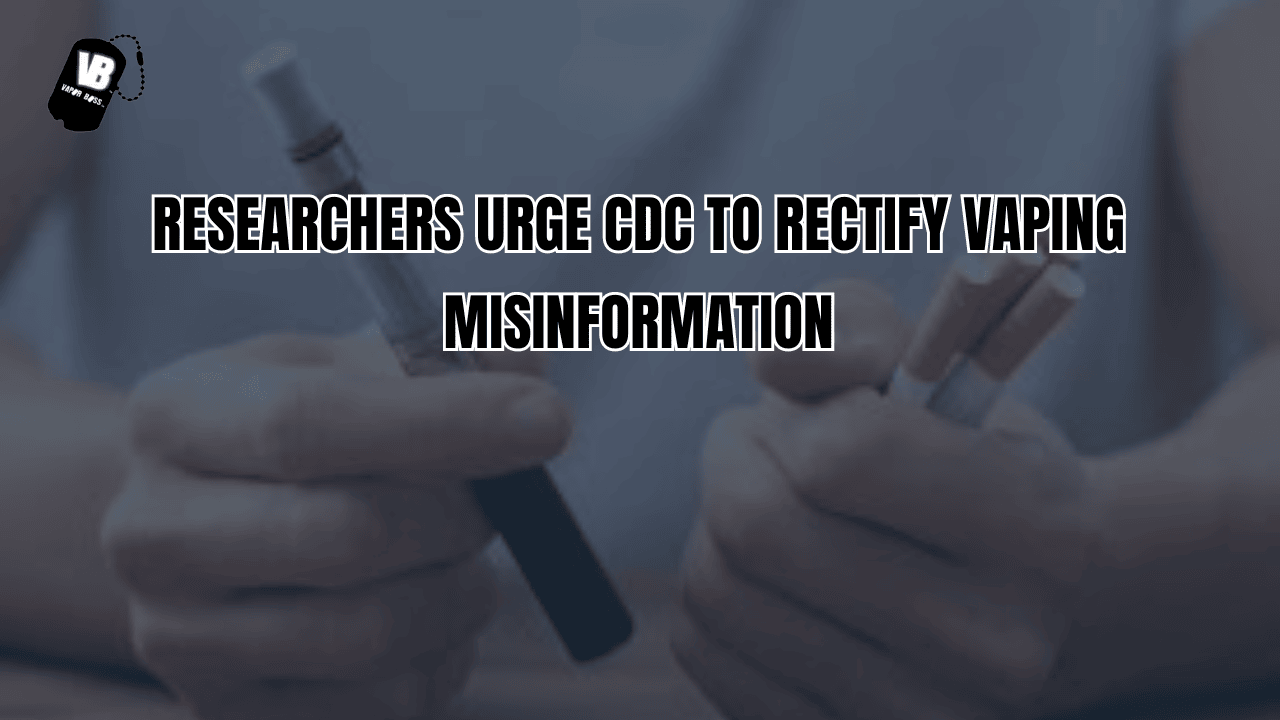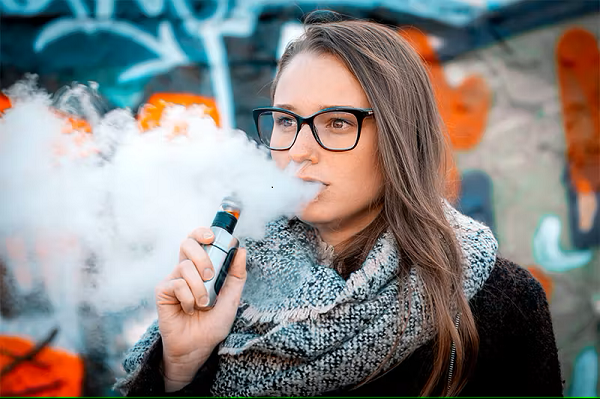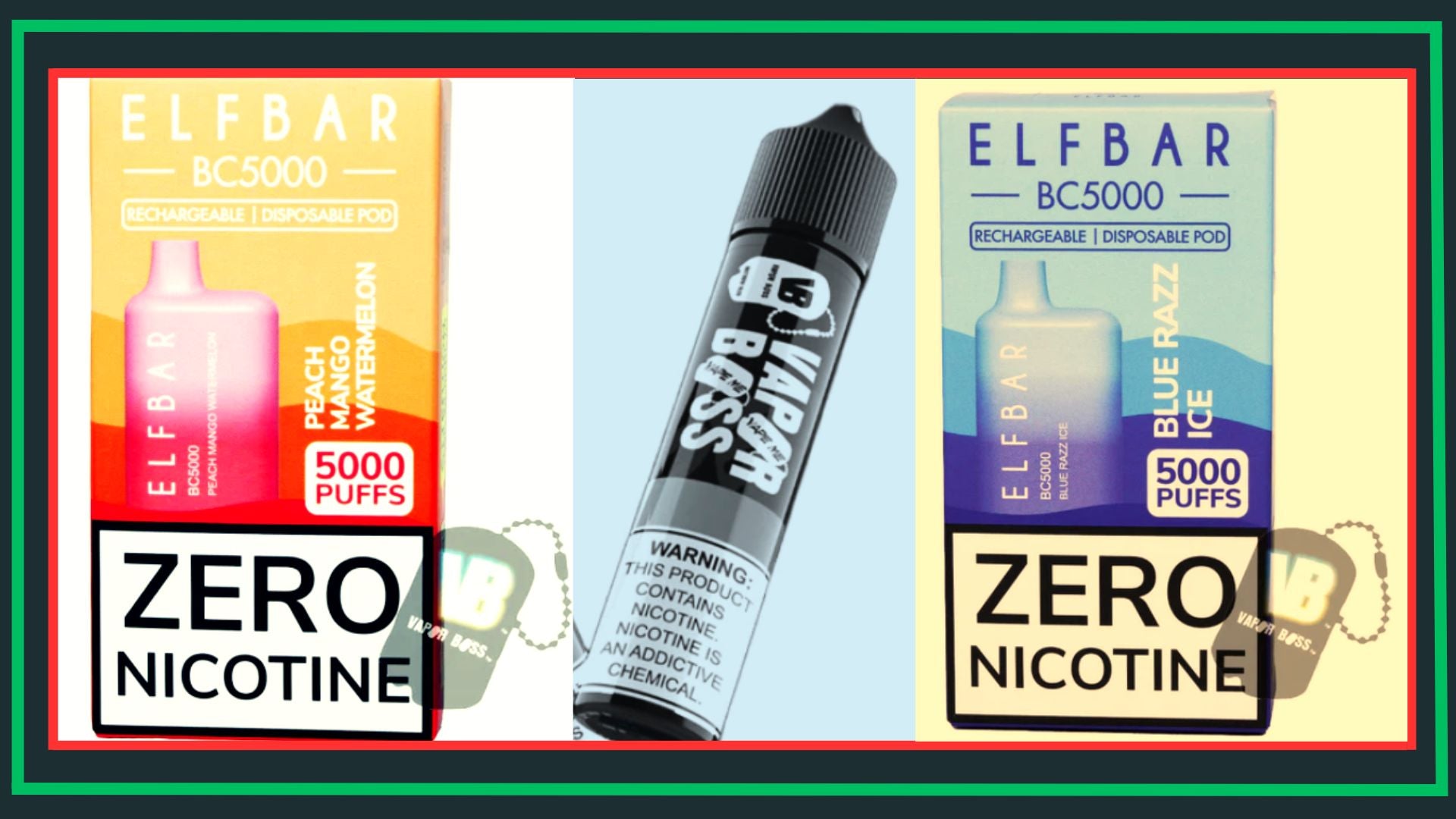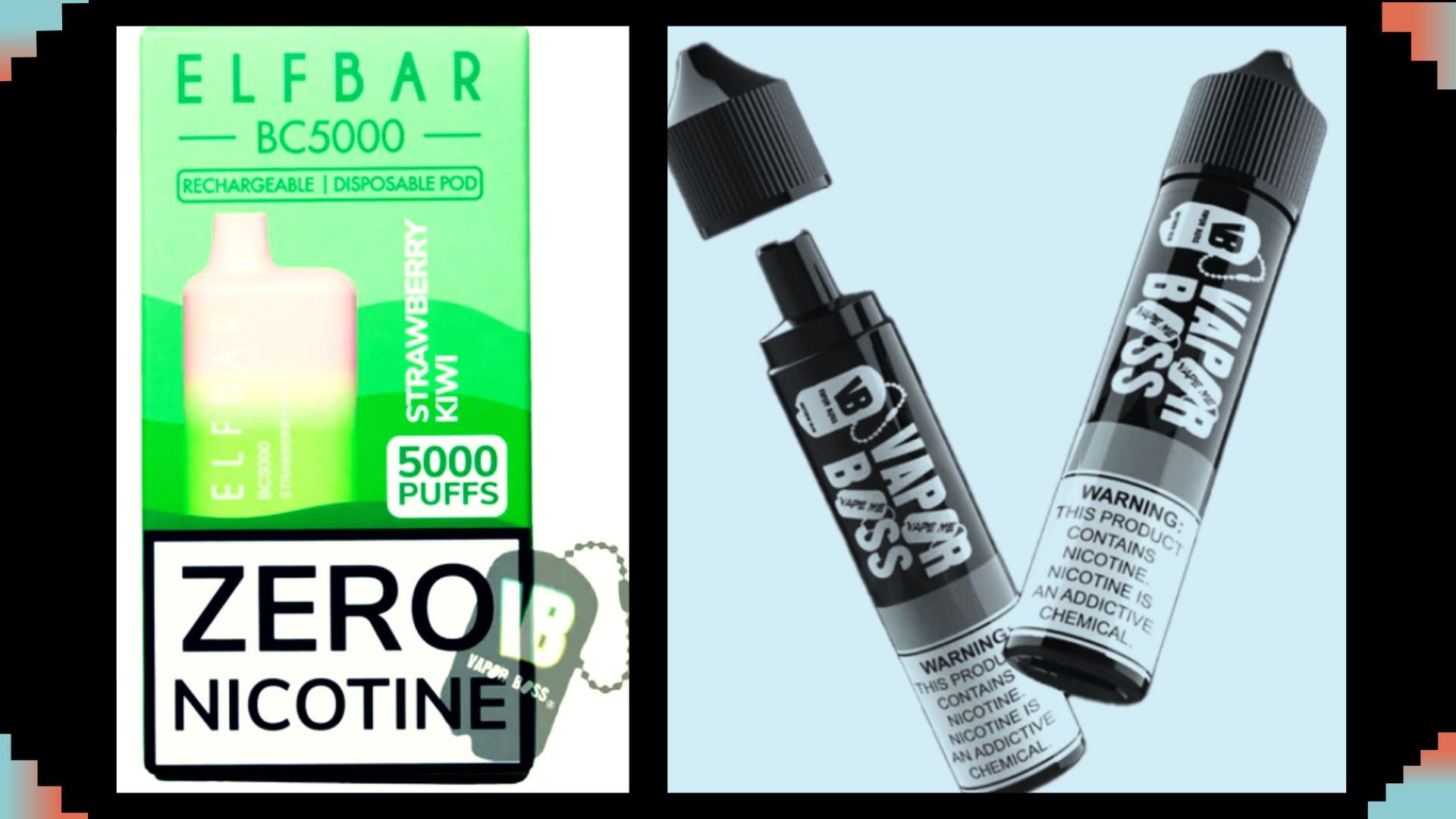A group of tobacco researchers has requested that the U.S. Surgeon General and the Centers for Disease Control and Prevention (CDC) rectify false information they have given regarding vaping with nicotine.
The authors applaud the recent COVID-inspired campaign by Surgeon General Vivek Murthy to minimize health misinformation, but they also remind the SG and the CDC that they are actively pushing disinformation about e-cigarettes. The authors specifically reference misinformation from the CDC about the 2019 "EVALI" lung injury outbreak and the Surgeon General's 2016 youth vaping study, which asserts that nicotine vaping is a gateway to youth smoking.
An editorial that was published in the journal Addiction today makes the appeal. Michael Pesko, a health economist at Georgia State University, and associates from Harvard Medical School, Penn State University, the Medical University of South Carolina, and the University of Michigan co-authored it. Tom Miller, the former chairman of the Truth Initiative board and the attorney general of Iowa, is also a co-author.
CDC refuses to abandon the misleading "EVALI" moniker.
The CDC's adoption of the term "EVALI" (e-cigarette or vaping product use-associated lung injury) for the 2019 lung injuries, along with its refusal to change the name, the authors explain in the editorial, has resulted in persistent and widespread misinformation about the condition's cause in both scientific and popular circles.
The CDC was the latest public health organization to identify during the outbreak that the main, if not the only, source of the injuries was vitamin E acetate, which black market vendors had combined with cannabis oil to save money. Nor did the agency completely rule out the possibility that vaping with nicotine could be at least somewhat to blame. (The term "EVALI" is thought to have been created by current FDA Center for Tobacco Products Director Brian King.) King worked for the CDC Office on Smoking and Health at the time and was an outspoken opponent of nicotine vaping both then and now.)
The nation's top public health organization failed to adequately warn consumers about the dangers of vaping unapproved THC oil cartridges, which contributed to the deaths of 68 individuals and the hospitalization of thousands more. Because the CDC declined to identify vitamin E acetate as the key reason and was purposefully unclear when it came to nicotine vaping as a potential cause, many THC vapers continued to utilize risky goods. And a lot of people who had vaped nicotine went back to smoking cigarettes.
"Despite the fact that the CDC's name includes the term 'e-cigarette,' all available evidence indicates that illegal tetrahydrocannabinol (THC) vapes contaminated with Vitamin E acetate are the cause, and no research has found any chemicals in nicotine e-cigarettes to be the cause," the authors write. Vitamin E acetate has never been found in nicotine e-liquids and is not soluble in them.
The CDC nevertheless refers to "e-cigarettes" under the moniker EVALI in spite of the data. The news has been impacted by this designation, which has also led to false consumer perceptions about the dangers of vaping nicotine.
In 2021, the CDC was formally petitioned by the same authors to modify the name "EVALI" retroactively, adding "adulterated THC" in place of "e-cigarette." The CDC denied that petition, which had the signatures of an additional 68 experts.
The never-was entry point for smoking
The Surgeon General's 2016 report, "E-Cigarette Use Among Youth and Young Adults," garnered national attention when it was released and was included in almost every newspaper and TV news program. However, given the convenient shortcut provided by the SG website, as we pointed out at the time, few individuals would bother reading the entire 298-page report.
Still serving as a source of information on vaping and youth, the Surgeon General's website continues to mislead the public by suggesting that vaping is a known gateway to smoking for teenagers. However, that was untrue.
"Significant evidence now exists that this association between vaping and smoking is not causal, which is a source of confusion for the lay public and health-care professionals," the editorial in Addiction states. Real-world data gathered since the release of the SG report emphasizes the absence of causation. Youth smoking was fast declining even as vaping among youth peaked in 2019, and this trend has persisted.
E-cigarette use generally lowers juvenile smoking, according to the editorial's writers, who also discuss how "natural experiments" that assess "how e-cigarette restrictions adopted by some localities but not others at a given point in time have impacted youth cigarette smoking" demonstrate this. Pesko's own tax studies, which demonstrate that vaping devices and cigarettes are cost-effective alternatives, are among the natural trials.
Existing studies on natural experiments that would have warned the authors of the 2016 SG report against making gateway claims were not taken into account. Therefore, the SG website still states that "there is no evidence to support the claim [...] that use of e-cigarettes by young people might 'protect' them from using cigarettes" in spite of the information that contradicts their assertion.
Co-author Cliff Douglas stated in a press release that "misinformation from the Surgeon General's website that implies using e-cigarettes causes young people to become smokers is not consistent with the evidence." "Youth smoking has decreased to below two percent, a historically low level, while youth e-cigarette use peaked in 2019."
In the Addiction editorial, Pesko and colleagues argue, "Association does not imply causation." "Public health recommendations should be based on solid causal data and communicated clearly and appropriately to the lay public. Public health officials, in particular the SG and the CDC, must do a better job of explaining this difference to the public."
Is anyone going to listen?
The cited misinformation, according to the authors, is still being disseminated by public health, medical associations, and news outlets in an effort to push "aggressive e-cigarette regulation that many studies have shown leads to increases in use of combustible tobacco products." They state that eradicating the false information is "a public health priority."
It ought to be top importance, and the editorial ought to stand alone as a news article. However, it's doubtful if scientific and health reporters will take an interest in it. A more thorough study dispelling myths about vaping, authored by 15 past presidents of the Society for Research on Nicotine and Tobacco, was utterly disregarded by media last year.
Major media reporters and editors appear happy to refrain from challenging misinformation about vaping, and in fact, they actively contribute to its propagation. They typically propagate the prevalent beliefs about vaping and provide credence to flimsy or selectively presented facts in order to reinforce the anti-vaping dogma. Public opinion on vaping and other safer nicotine products simply cannot change until reporters start to fully realize the harms created by their apathy, laziness, and belief in dogmatic anti-vaping proponents (see Chapter 2).






